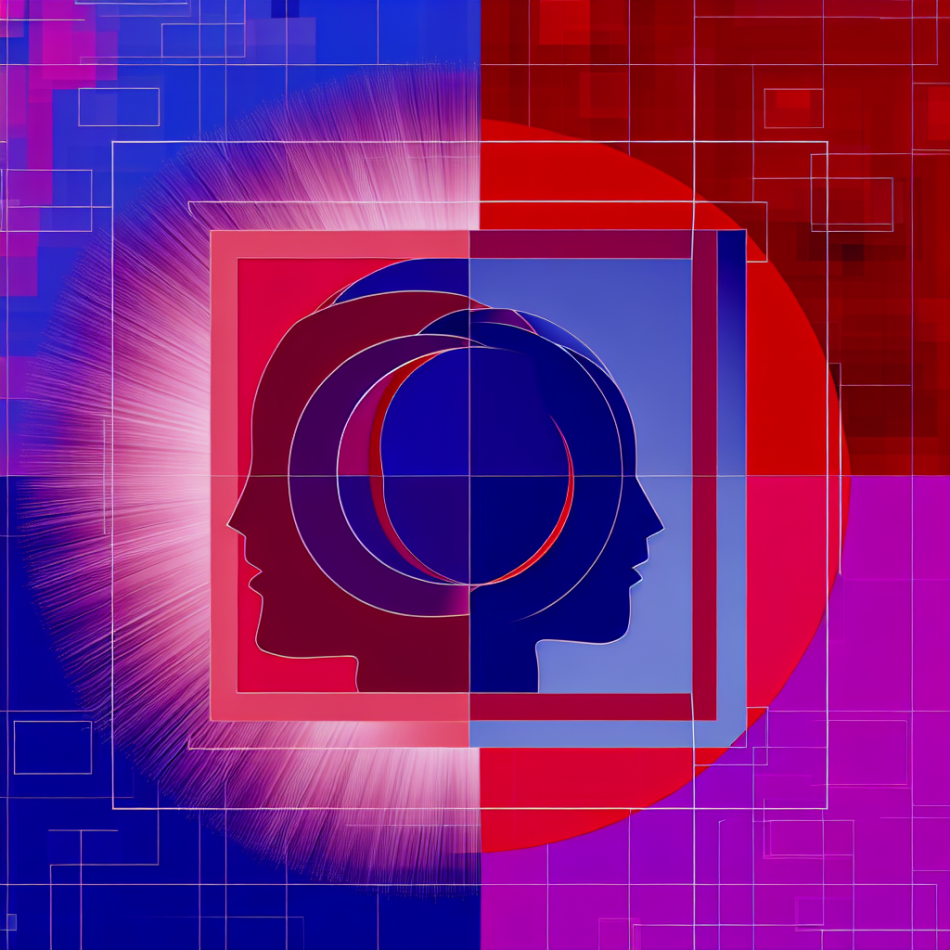How Neurodivergent Minds Shape Groundbreaking Innovation
Neurodivergent individuals—those with ADHD, autism, dyslexia, or other neurological differences—have long been the driving force behind humanity's most revolutionary ideas. From iconic inventors like Thomas Edison to modern tech visionaries such as Elon Musk, neurodivergent traits like hyperfocus, pattern recognition, and nonlinear thinking have catalysed progress. This article explores how these cognitive styles fuel creativity, problem-solving, and entrepreneurial success, challenging outdated stereotypes about neurological 'disorders'.
Redefining Neurodivergence: Beyond the Deficit Model
Neurodiversity, a concept coined by sociologist Judy Singer, posits that neurological differences are natural variations rather than deficits. Conditions like ADHD or autism are not inherently 'disordered' but represent alternative ways of processing information. For instance:
- ADHD brains excel at rapid idea generation and thrive in dynamic environments
- Autistic individuals often demonstrate unmatched attention to detail and systemic thinking
- Dyslexic thinkers frequently outperform peers in spatial reasoning and big-picture problem-solving
Historical analysis reveals striking patterns: a 2019 Journal of Autism and Developmental Disorders study found entrepreneurs are three times more likely to report ADHD symptoms than the general population. Similarly, dyslexic individuals comprise an estimated 35% of US entrepreneurs, despite representing just 10-15% of the populace.
ADHD: The Creative Engine of Disruption
Characterised by traits like impulsivity and distractibility, ADHD is increasingly recognised as a cognitive asset in innovation-driven fields. The ADHD brain's low latent inhibition—reduced ability to filter stimuli—enables:
- Rapid synthesis of disparate concepts (critical in fields like venture capital)
- Hyperfocus during high-stimulation tasks (valuable in coding marathons or creative sprints)
- Risk tolerance essential for entrepreneurial ventures
Microsoft founder Bill Gates and Virgin Group's Richard Branson have both credited ADHD traits with their success. Modern tech startups are capitalising on this by deliberately recruiting neurodivergent talent—IBM's Neurodiversity Program reports a 90% retention rate among these hires, far exceeding industry averages.
Autistic Cognition: The Precision Advantage
Contrary to stereotypes about social deficits, autistic individuals frequently demonstrate cognitive strengths that drive technical innovation. Temple Grandin, the autistic scientist who revolutionised livestock handling, attributes her success to 'thinking in pictures'—a form of enhanced perceptual logic. Key advantages include:
- Superior detection of statistical patterns (critical in data science)
- Intense specialisation abilities (evident in figures like chess champion Magnus Carlsen)
- Reduced susceptibility to cognitive biases in decision-making
Companies like German software giant SAP now actively recruit autistic employees for quality assurance roles, reporting 30% productivity increases in certain teams. The UK' s GCHQ similarly credits neurodivergent staff with solving 'unsolvable' cryptographic challenges during WWII.
Dyslexia: Nonlinear Thinking as Competitive Edge
While traditional education systems often penalise dyslexic learners, their cognitive profile proves advantageous in complex problem-solving. Yale University research shows dyslexic individuals:
- Process information 25% faster in multidimensional scenarios
- Demonstrate superior narrative reasoning (key in fields like architecture)
- Show 87% higher ability to identify simplified systems in chaos
This explains why dyslexic founders like Ingvar Kamprad (IKEA) and Steve Jobs revolutionised industries through intuitive design thinking. NASA reports dyslexic engineers are disproportionately represented in its 'big picture' innovation teams.
Cultivating Neurodivergent Talent: The Future of Work
To harness these cognitive strengths, forward-thinking organisations are abandoning one-size-fits-all approaches:
- Flexible work structures: Allowing ADHD employees to work during hyperfocus periods
- Sensory-aware spaces: Creating low-stimulus zones for autistic staff
- Strength-based assessments: Evaluating dyslexic candidates through practical tasks vs written tests
Educational reforms are equally crucial. The UK's 2022 Neurodiversity in Education Act mandates curriculum adaptations recognising diverse learning styles—a policy already correlating with 22% higher STEM enrolment among neurodivergent students.
Conclusion: Embracing Cognitive Diversity as Progress Engine
From da Vinci's dyslexic notebooks to Alan Turing's autistic codebreaking, neurodivergent minds have always propelled human advancement. Modern research confirms these individuals don't merely 'cope' with differences—they leverage unique cognitive architectures to solve problems others overlook. As we enter an era of unprecedented complexity, embracing neurodiversity isn't just ethical—it's an economic imperative. By redesigning workplaces and education systems around cognitive variety, we unlock innovation potential that benefits all.
